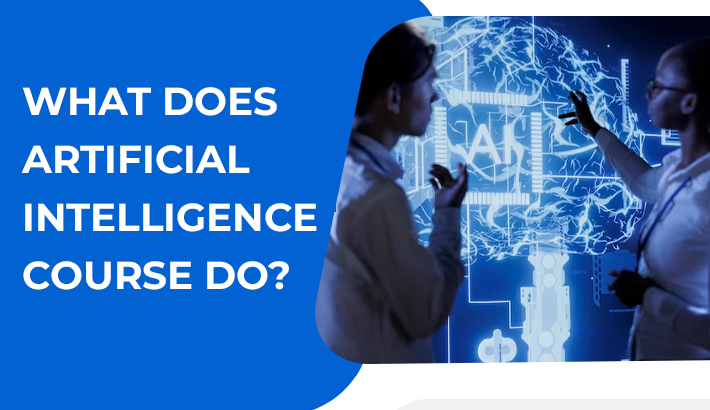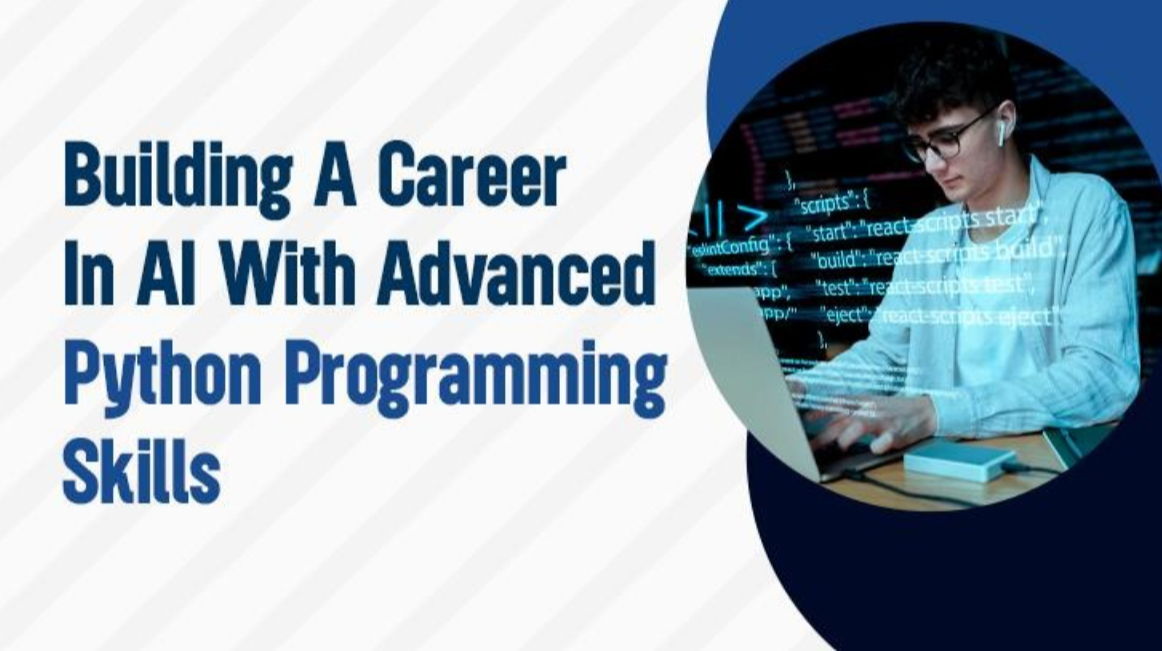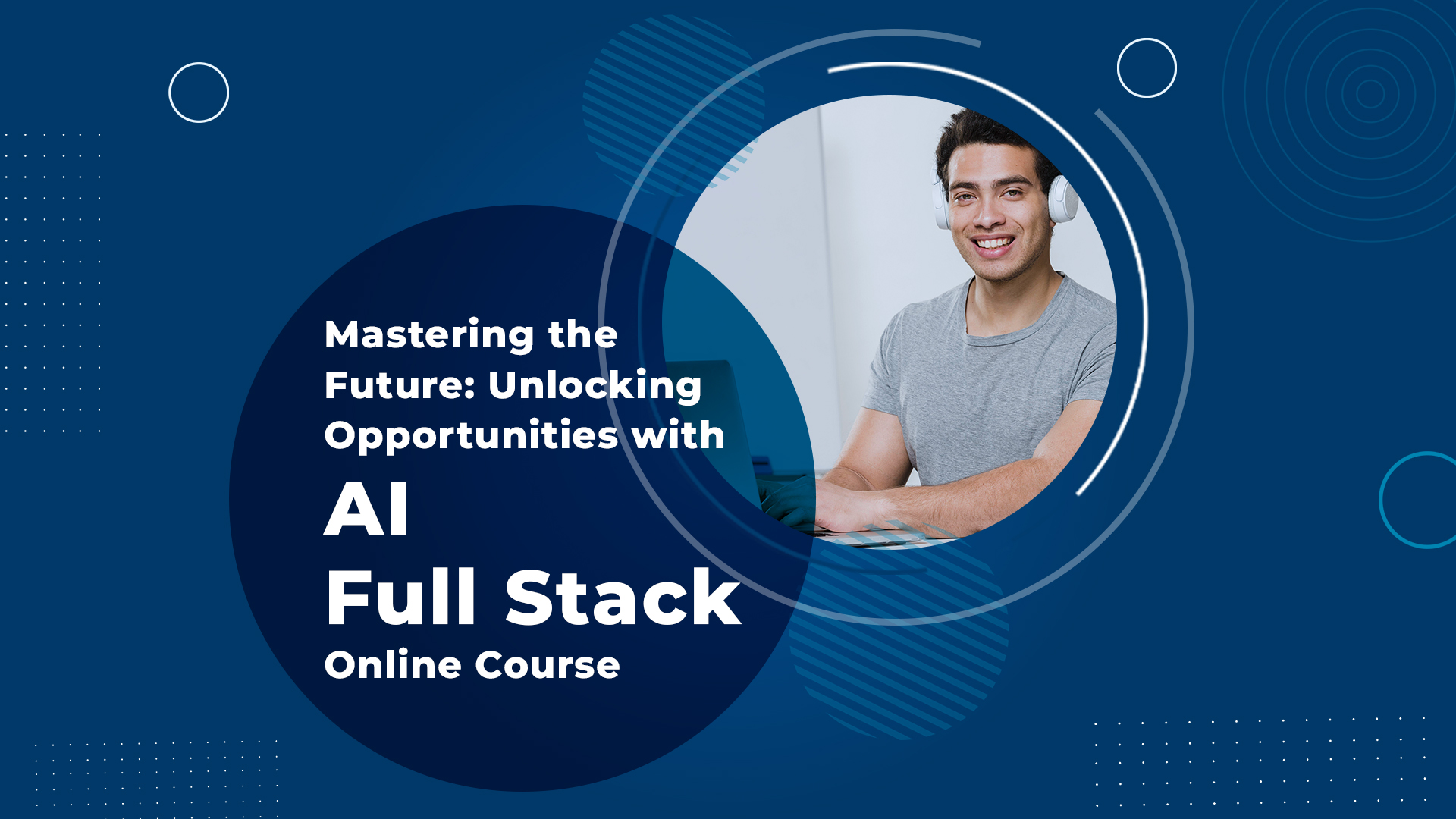Unraveling the Wonders of Artificial Intelligence Courses: A Comprehensive Guide
In a world increasingly dominated by technological advancements, the realm of Artificial Intelligence (AI) has emerged as a driving force behind innovation and progress. As the demand for AI professionals continues to rise, so does the popularity of artificial intelligence courses. But what exactly does an AI course entail, and how can it shape your future? Let's explore the fascinating world of AI education.
Understanding Artificial Intelligence Courses
1. Foundation in AI Concepts:
Artificial Intelligence courses typically begin with a solid foundation in the fundamental concepts of AI. Students delve into the history of AI, understanding its evolution, and exploring key principles such as machine learning, neural networks, and natural language processing.
2. Programming and Coding Skills:
Proficiency in programming languages is essential for anyone aspiring to enter the AI field. AI courses often emphasize languages like Python and R, providing students with hands-on experience in writing code for machine learning algorithms and AI applications.
3. Machine Learning Algorithms:
An integral part of AI education, machine learning algorithms form the backbone of AI applications. Students learn to design, implement, and optimize these algorithms, gaining insight into how AI systems make decisions and predictions.
4. Data Handling and Analysis:
Given that AI heavily relies on data, courses cover data handling, cleaning, and analysis. Students learn to extract valuable insights from vast datasets, a crucial skill for developing effective AI solutions.
5. AI Ethics and Governance:
As AI becomes more pervasive, ethical considerations are paramount. AI courses often include discussions on the ethical implications of AI, addressing concerns related to bias, privacy, and accountability. Understanding the ethical dimensions of AI is essential for responsible development and deployment.
6. Real-world Applications:
AI courses go beyond theoretical knowledge, exposing students to real-world applications. This practical experience helps learners understand how AI is used across various industries, from healthcare and finance to marketing and gaming.
Frequently Asked Questions (FAQ)
Q1: Can I take an AI course without a technical background?
A1: While a technical background can be beneficial, many AI courses are designed to accommodate learners with varying levels of technical expertise. Introductory courses often provide a solid foundation for those new to the field.
Q2: How long does it take to complete an AI course?
A2: The duration of AI courses varies. Short online courses may take a few weeks, while more comprehensive programs, such as master's degrees, can take a year or more. The pace of learning often depends on the individual's commitment and prior knowledge.
Q3: Are AI courses only for aspiring programmers?
A3: No, AI courses cater to a diverse audience. While programming skills are valuable, AI encompasses various roles, including project management, ethics consulting, and strategic planning. Non-programmers can find specialized AI courses tailored to their interests.
Q4: What job opportunities are available after completing an AI course?
A4: AI professionals are in high demand across industries. Graduates can pursue roles such as machine learning engineer, data scientist, AI researcher, or AI consultant. The versatility of AI skills opens doors to a wide range of career paths.
Q5: Are there any prerequisites for enrolling in an AI course?
A5: Prerequisites vary among courses, but a basic understanding of mathematics and programming concepts is often recommended. Some advanced courses may require prior experience in data analysis or machine learning.
Artificial intelligence courses serve as gateways to a world of possibilities, equipping individuals with the knowledge and skills needed to thrive in the age of AI. Whether you're a tech enthusiast, a career changer, or a seasoned professional, embarking on an AI education journey can open doors to exciting opportunities and contribute to shaping the future of technology.





Leave a reply